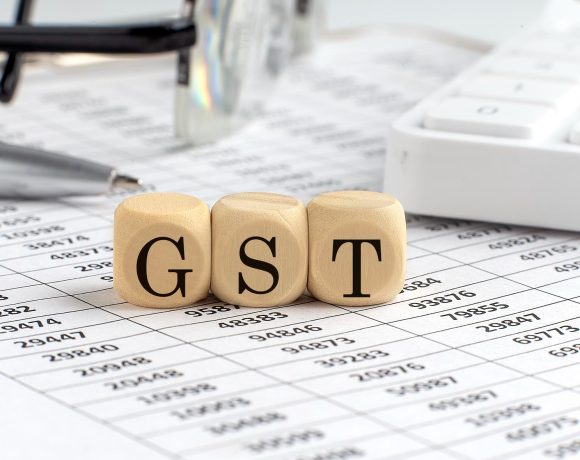
Supreme Court Validates 90,000 Income Tax Notices, Settles Major Dispute
In a significant judgment, the Supreme Court has validated approximately 90,000 income tax reassessment notices, ending a prolonged legal dispute over the applicability of amendments to the Income Tax Act. The ruling, delivered on Thursday, clarified that the amended provisions introduced by the Taxation and Other Laws (Relaxation & Amendment of Certain Provisions) Act (TOLA) remain effective for the Income Tax Act from April 1, 2021, onward.
Verdict Brings Clarity to Tax Laws
The case, which revolved around taxpayer Ashish Agarwal, led to the Supreme Court overturning multiple high court rulings, including those from the Gujarat, Allahabad, Bombay, Orissa, and Delhi High Courts. This verdict marks a major victory for the Income Tax Department, resolving disputes that arose during the pandemic when the government extended timelines for reopening old tax assessments, causing confusion between old and new reassessment provisions.
The Supreme Court bench, headed by Chief Justice DY Chandrachud, emphasized that the reassessment notices issued under the old law, which were deemed valid during the pandemic, would continue to be governed by the amended provisions of the Income Tax Act.
Implications for 90,000 Taxpayers
This ruling impacts around 90,000 taxpayers who received reassessment notices after the amendments were introduced. The confusion over which provisions applied—old or new—led to over 10,000 writ petitions filed across various courts in India. The Supreme Court’s decision has now clarified that these notices are valid under the amended law, bringing much-needed relief to the tax department.
A Landmark Decision for Taxation Laws
Experts believe that this judgment will significantly influence future tax reassessment cases. Ved Jain, former president of the Institute of Chartered Accountants of India (ICAI), called the ruling “a landmark decision regarding the extent of executive powers to extend limitations via executive orders, even after new legislation has been enacted.”
The decision also addresses a rare scenario where both the old and new reassessment laws were considered valid simultaneously. This situation led to a flood of legal challenges, further complicating the taxation process. With this verdict, the Supreme Court has settled the matter, streamlining reassessment procedures and providing a clear direction for future cases.
Strengthening the Tax Department’s Position
This Supreme Court ruling is expected to strengthen the Income Tax Department’s position in reassessment matters and reduce litigation across the country. By upholding the amended provisions of the Income Tax Act, the court has ensured consistency in the application of tax laws, making it easier for both taxpayers and the tax authorities to navigate reassessment procedures.
The verdict is likely to have far-reaching implications for the taxation landscape in India, setting a precedent for interpreting executive powers in the context of legislative amendments. As the dust settles, taxpayers and legal experts alike will be watching closely to see how this judgment shapes the future of tax litigation in the country.


















